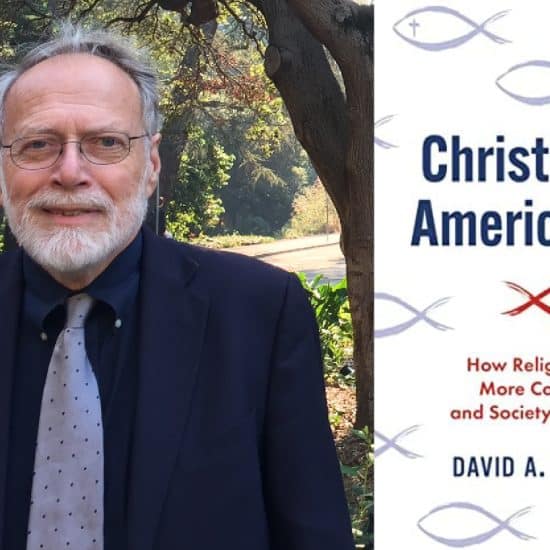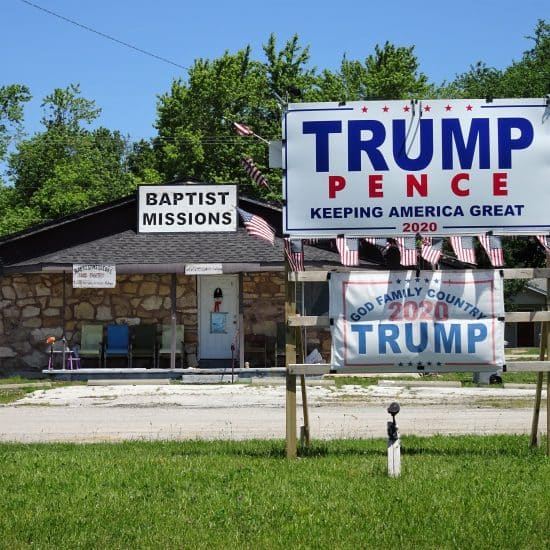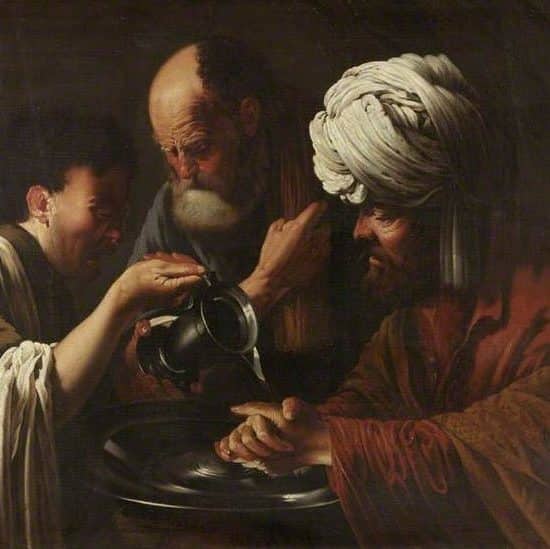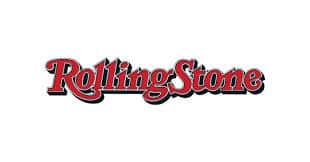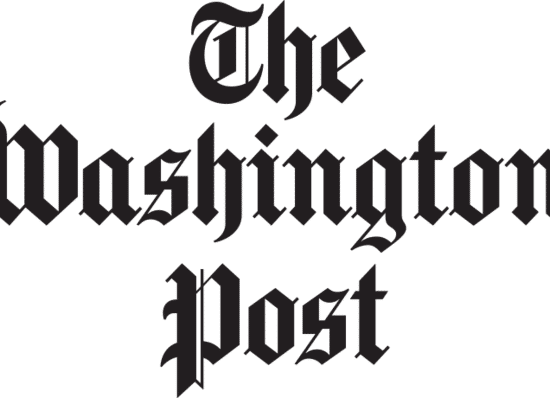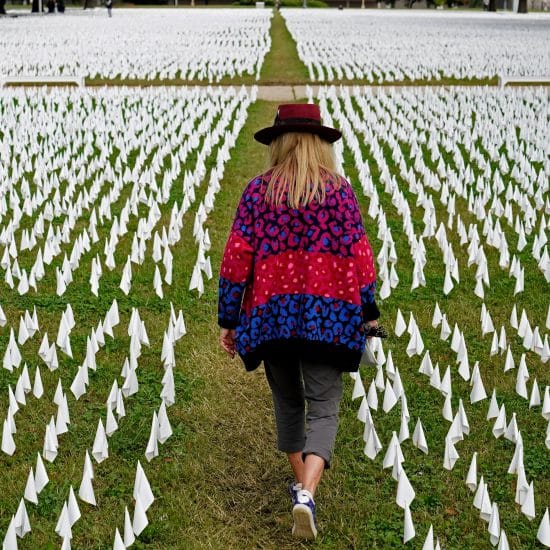WASHINGTON — As the second inauguration of President Barack Obama approaches with public ceremonies on Monday, Jan. 21, District of Columbia Baptists will engage in the events in different ways. This is the first of a two-part series on D.C Baptists and their engagement with politics and being Baptist when attention is focused on the nation’s capital.
Amy Sullivan is an editor at the National Journal and author of The Party Faithful: How and Why Democrats are Closing the God Gap. She is also a Baptist, living and working in Washington. She spoke recently to the Herald’s contributing writer Leah Grundset Davis about her role interpreting the evangelical mindset to the larger world.

Amy Sullivan
|
Q: How do you spend your days in Washington engaging with the political world both personally and professionally?
A: I’ve been a political journalist for the past 10 years. I write about religion because there are so many great stories at the intersection of religion and politics, but also because I’ve become a one-woman media critic when it comes to the coverage of religion by the political press corps. As an editor, I’m always changing writers’ copy when they try to use “evangelicals” as a short hand but really mean “white conservative evangelicals.” The phrase may be wordier but at least it’s accurate. Likewise, I always push back when colleagues want to characterize evangelical Christians as only concerned about abortion and opposition to gay marriage.
At the same time, it’s not unusual for me to find myself defending or explaining evangelicals to my colleagues. When Michele Bachmann spoke during the 2012 campaign of believing she had been “called by God” to run for the GOP nomination, for example, I wrote pieces critical of journalists who ridiculed Bachmann for thinking God literally spoke to her. It sometimes seems like I’m acting as a translator, but if that work leads to more comprehensive and accurate coverage of religious communities, then it will have been worthwhile.
Q: What led you to this profession and what connected you to the ideals you hold today?
A: The big break that launched my journalism career said more about the journalism world and the political left than it did about my amazing analytical and writing skills. Essentially, at a time when the political influence of evangelical Christians was a huge story — the early to mid-2000s — I discovered that I was one of the few people in political journalism who understood evangelicalism, being an evangelical myself. Of course, at the time, I only described myself as someone who “used to be Baptist.” I was a member of an Episcopal church and hadn’t regularly attended Baptist services in years. But my background alone gave me enough credit to write about evangelicals and about the intersection of politics and religion.
What I quickly learned was that a great many people — both on the right and the left — believe that all evangelicals are like Ralph Reed or George W. Bush. It taught me that these stereotypes about evangelicals and Baptists are deeply ingrained. Politically-liberal evangelicals were going to have to come out of the closet to show the world other examples.
Q: As Jan. 21 approaches and the nation prepares for the second inauguration of President Obama, what do you see as some areas Obama will push for in his second term?
I am glad to see President Obama pursuing changes to our gun laws, and I hope he leads a national conversation on the topic of how we handle severe mental illness as well. I’ve always admired his ability to lay out a positive vision of communitarianism, to assert that “I am my brother’s keeper, I am my sister’s keeper.”
I also dearly hope that Obama uses his second term to focus on climate change. It’s terrifying to know that even if we radically changed our behaviors and our laws starting tomorrow, we will still suffer the consequences of abuse to the planet that happened over the past 40 years.
Q: What does it mean for you to be a Baptist and hold your political beliefs?
A: I’ve been a Baptist for most of my life, and I’ve also always fallen on the liberal end of the political spectrum. My faith informs my political beliefs, but I suppose the most significant aspect of being a politically liberal Baptist is that I don’t find the combination unusual. Now, that’s obviously not how most of the world sees it — I’ve heard all of the oxymoron jokes. So I guess I’ve made it part of my professional mission to report and write about evangelical Christians who don’t match the stereotypes. And I’ve made it part of my personal mission to take back the theological labels of “evangelical” and “Baptist” from the political associations most people have with them.
I no longer refer to myself as a former Baptist. I kind of love it when I’m talking to a liberal who is going off on evangelicals and I can look them in the eye and say, “I’m a Baptist, actually.” I was never any good at traditional “witnessing,” the kind I heard so much about growing up. Being deathly shy didn’t help. But I think of these conversations as my opportunity to witness. We’ve heard so much about how Americans are turning away from organized religion — I believe so much of that is because of the bad reputation of Christians, and especially evangelical Christians. If my example challenges one assumption someone has about religion, maybe they’ll reconsider some others as well.
Leah Grundset Davis (lgrundset@calvarydc.org), associate pastor for congregational life at Calvary Baptist Church in Washington, is a Religious Herald contributing writer.

